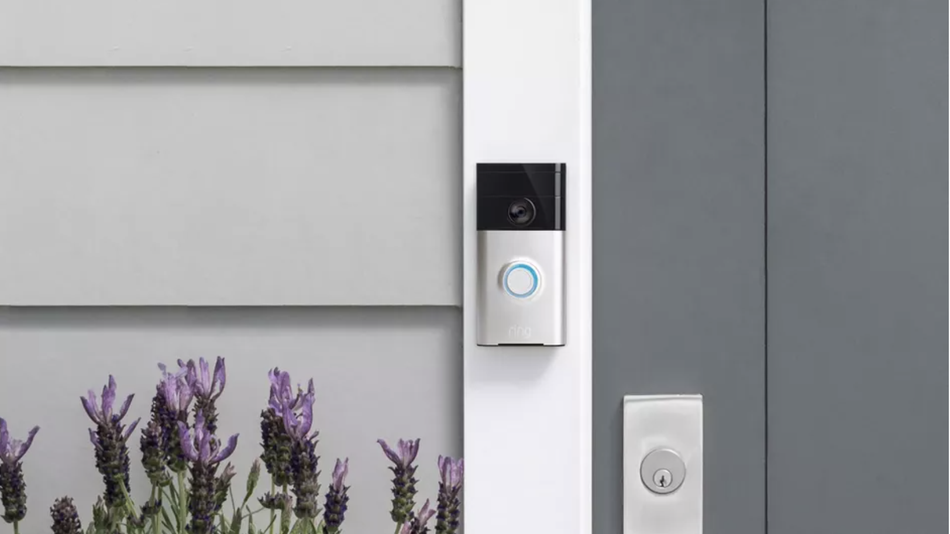Technology
Amazon’s Ring reportedly working with more cops than ever in 2020


While the rest of us spent 2020 trying to reckon with the atrocities of police brutality and racism embedded into the American justice system, Amazon’s Ring spent it doubling down on its effort to cozy up to more cops.
More than 1,189 local police and fire departments joined Ring’s Neighbors Portal program in 2020 alone, according to a report from Amazon found by the Financial Times, giving a grand total of 2,014 government agencies access to one of the biggest private surveillance networks in the country.
The number of departments added last year was more than double the 703 brought on board in 2019, and an even bigger increase from the 40 back in 2018. The participating agencies now span across almost the whole of the United States, with the exclusion of only Wyoming and Montana.
Ring’s Neighbors Portal program allows law enforcement to request surveillance footage captured on users’ cameras, which are programmed to automatically start recording whenever motion is detected. Many specifics about the Ring program remain a mystery, though, since Amazon only admitted to having secret agreements with cops in 2019 after a Motherboard report. Aside from giving cops the ability to surveil private citizens, the Ring’s crime-reporting Neighbor program has also been criticized for rampant racism.
The Ring is far from Amazon’s only surveillance-state bootlicking activities.
In 2020 — a year of unprecedented nationwide Black Lives Matter demonstrations against police brutality that resulted in the arrest of 10,000 (many non-violent) protestors — departments requested Ring footage for over 22,335 incidents.
Amazon likes to defend the Neighbor program by pointing out that users can now opt-out of receiving requests from cops. But many of the who warn against the dangers of the program point out that users who do deny cops access to their data and footage can still be forced to give it up via subpoenas, court orders, or search warrants.
In fact, disclosures from Ring itself revealed that in 2020 law enforcement used these tactics to make 1,900 requests for data and footage users explicitly denied them access to. Amazon, which ultimately gets to decide whether or not to comply with the cops’ requests, did so 57 percent of the time last year. That’s lower than the 68 percent of requests Amazon complied with in 2019, but also means very little when the number of forcible requests shot up by 150 percent in 2020.
Worse still, an NBC report from February of last year found that there was very little evidence to suggest that Ring’s partnership with police has even led to much crime-solving. So why even bother ramping up such a controversial program with so few tangible benefits?
The Ring is far from Amazon’s only surveillance-state bootlicking activities, though.
As Senior Mashable Tech reporter Jack Morse explained back in July at the height of the George Floyd protests, Amazon announced that, “for a year, police will no longer have access to its facial-recognition tool dubbed .” Exactly how a brief year-long pause would do anything to address the remains to be seen
-

 Entertainment6 days ago
Entertainment6 days agoWhat’s new to streaming this week? (Jan. 17, 2025)
-

 Entertainment6 days ago
Entertainment6 days agoExplainer: Age-verification bills for porn and social media
-

 Entertainment5 days ago
Entertainment5 days agoIf TikTok is banned in the U.S., this is what it will look like for everyone else
-

 Entertainment5 days ago
Entertainment5 days ago‘Night Call’ review: A bad day on the job makes for a superb action movie
-

 Entertainment5 days ago
Entertainment5 days agoHow ‘Grand Theft Hamlet’ evolved from lockdown escape to Shakespearean success
-

 Entertainment5 days ago
Entertainment5 days ago‘September 5’ review: a blinkered, noncommittal thriller about an Olympic hostage crisis
-

 Entertainment5 days ago
Entertainment5 days ago‘Back in Action’ review: Cameron Diaz and Jamie Foxx team up for Gen X action-comedy
-

 Entertainment5 days ago
Entertainment5 days ago‘One of Them Days’ review: Keke Palmer and SZA are friendship goals
















